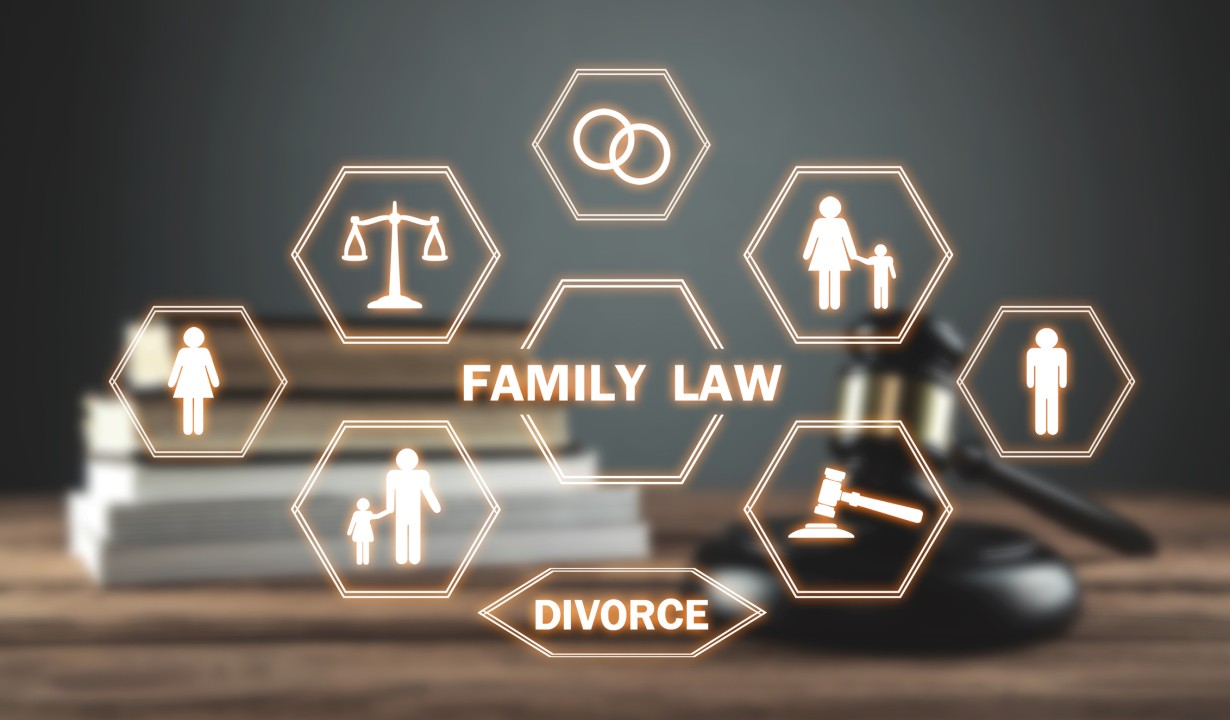Family is the foundation of society, built on love, trust, and shared responsibilities. However, even within families, conflicts and challenges often arise—sometimes requiring legal intervention. Family law plays a crucial role in addressing these sensitive issues, offering solutions that balance justice, compassion, and the well-being of all parties involved.
What is Family Law?
Family law is a specialized branch of law that governs relationships within the family structure. It provides a legal framework for matters related to:
-
Marriage and Divorce – Registration of marriages, grounds for divorce, annulment, and legal separation.
-
Child Custody and Guardianship – Ensuring the welfare of children during disputes.
-
Adoption – Legal recognition of adoptive parents and children.
-
Maintenance and Alimony – Financial support for dependent spouses or children.
-
Domestic Violence – Protection against abuse within the family under laws like the Protection of Women from Domestic Violence Act, 2005.
-
Property and Inheritance – Division of property, succession rights, and disputes arising from wills.
Importance of Family Law
-
Protects Rights – Safeguards the rights of spouses, children, and dependent family members.
-
Ensures Welfare – Focuses on the best interests of children in custody and guardianship matters.
-
Provides Legal Remedies – Offers structured solutions for disputes such as divorce, maintenance, and inheritance.
-
Prevents Exploitation – Laws against domestic violence, dowry harassment, and neglect protect vulnerable family members.
-
Promotes Social Harmony – Encourages amicable resolution of disputes through mediation and counseling.
The Role of Courts in Family Matters
Family courts are designed to deal with sensitive issues with empathy and discretion. Instead of treating family disputes as ordinary legal battles, courts often encourage conciliation, counseling, and mediation before proceeding to trial. The objective is not only to resolve disputes but also to minimize emotional trauma.
Modern Challenges in Family Law
-
Increasing Divorce Rates – Leading to more custody and maintenance disputes.
-
Cross-Border Marriages – Resulting in complex international custody or divorce cases.
-
Changing Family Structures – Rise of live-in relationships and single-parent households.
-
Women’s Empowerment – Greater legal awareness among women has led to more cases of asserting rights in marriage, property, and inheritance.
Conclusion
Family law is not just about legal procedures—it is about guiding families through some of the most difficult moments of their lives with fairness, sensitivity, and justice. By protecting rights, promoting welfare, and offering remedies, family law ensures that even in times of conflict, dignity and compassion remain at the forefront of justice.


